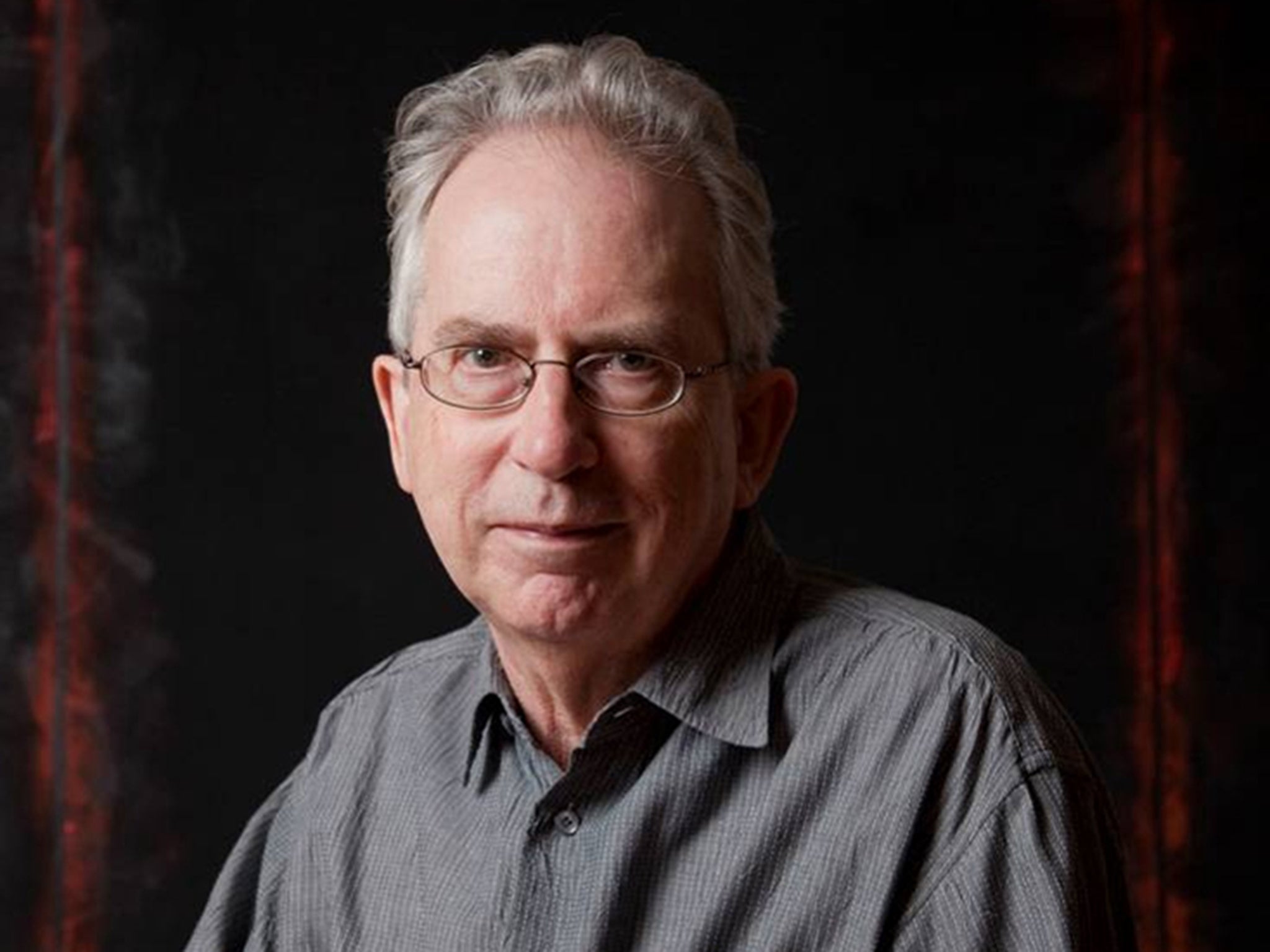Amnesia by Peter Carey, book review: Echoes of Assange as author turns his sights on hacktivism
Amnesia is a bold account of Australia’s uncomfortable and slippery relationship with the United States

Your support helps us to tell the story
From reproductive rights to climate change to Big Tech, The Independent is on the ground when the story is developing. Whether it's investigating the financials of Elon Musk's pro-Trump PAC or producing our latest documentary, 'The A Word', which shines a light on the American women fighting for reproductive rights, we know how important it is to parse out the facts from the messaging.
At such a critical moment in US history, we need reporters on the ground. Your donation allows us to keep sending journalists to speak to both sides of the story.
The Independent is trusted by Americans across the entire political spectrum. And unlike many other quality news outlets, we choose not to lock Americans out of our reporting and analysis with paywalls. We believe quality journalism should be available to everyone, paid for by those who can afford it.
Your support makes all the difference.Peter Carey’s 13th novel narrates a tale of betrayal, paranoia and conspiracy, all wrapped up in a writer’s sometimes unsteady, but rarely unwavering, pursuit of the truth.
Divided into two slightly unequal halves, the story describes the undivine comedy of Felix Moore, a shambling, bibulous left-wing journalist whose self-proclaimed integrity has landed him in legal hot water as the novel opens: “I was overweight and out of breath but I was proud to be sued, reviled, scored, to be called a loser by the rewriters of press releases.”
Felix, whose nicknames include “Moore-or-less-correct”, has written a book that he considers utterly true, but which the authorities do not. He claims that “actual words themselves were far less important than was generally thought by laymen”. What is important, in his estimation, are the “tectonic forces working below the surface of the human drama”.
Felix is defining his own highly subjective method of reporting facts, but he could just as easily be describing Carey’s fictional methods. Both are presented with a subject worthy of their imaginative excavations. Gabrielle “Gaby” Baillieux is arrested at the moment that Felix is sentenced, accused of a daring act of international cyber-terrorism. She released a virtual “worm” into the “computerised systems of countless Australian prisons”, and some American ones, which opened the doors.
Gaby is either Felix’s lifeline or his deal with the Devil. The demon in question is Woody Townes, Felix’s number one fan and a socialist property developer who “did not fear the consequences of belief”. The question Carey poses is what is it exactly that Townes does believe? By turns protective and threatening, a dyed-in-the-wool socialist and capitalist entrepreneur, he is typical of Carey’s conflicted cast, caught between ambition and moral responsibilities.
Townes proposes that Felix writes Gaby’s biography to explain her actions to the Australian public. The hope is that this will prevent her extradition to the United States, where she could face the death penalty.
Felix’s own motivations for taking the assignment are complex. Money is one. Love, or at least nostalgia, is another. Gaby’s mother is Celine Baillieux, whom the young Felix worshipped, rather conveniently, when she was a rising star in Melbourne’s socialist theatre. He also has a deep-seated political reason for taking the assignment, namely his oft-expressed fury with American interference in Australian domestic policy: “American politicians … did not seem to understand [Gaby] was not their citizen and therefore could not be their traitor any more than she could be their patriot.”
This antagonism dates back to the events of 1975, when Felix is convinced that Gerald Ford’s government helped bring down Gough Whitlam’s ruling Labor Party.
Felix begins to write, spurred on by Gaby and Celine’s recorded accounts of their lives. The increasingly unhinged Townes adds dramatic urgency, and forces the haunted Felix into hiding. Amnesia’s second half becomes fraught and hallucinatory. Treachery is the watchword of almost every character, appropriate for a narrative in which nothing is ever as it seems. The novel is shaped by the genesis of Felix’s biography of Gaby, the “Fallen Angel”. Its contradictions make it hard to tell what interests him more: making Gaby’s “difficult character loveable” or turning her into the embodiment of his own political creed. In addition to the events of 1975, he connects her to 1942’s Battle of Brisbane in which Australian soldiers clashed with their American counterparts.
Amnesia is at once a bold account of Australia’s uncomfortable and slippery relationship with the United States and an ambitious meditation on the writer’s uncomfortable and slippery relationship with facts and their audience. This is reflected by Carey’s peculiar but supple structure. In the second half, we zoom back from Felix’s often overwhelming voice to interrogate his own role in the drama. He ends a strangely pathetic kind of hero, defeated by forces greater than himself, yet undaunted by this. His insistence on controlling his work proves futile, as his words spin beyond his control, and also misguided, as they exert a viral power he could not foresee.
Amnesia has its longueurs but is for the most part vital, funny and humane. Its plot will doubtless earn comparisons to the recent tribulations of Julian Assange and Edward Snowden, but possibly a truer comparison is to Carey’s previous book, True History of the Kelly Gang: in its inventive re-casting of “original” source material, its depiction of courageous Australian rebellion and the moving sense of a natural world greater than the human drama it stages.
In Amnesia, Carey’s loving depiction of Australian landscapes, and especially the birdlife that inhabits them, suggests realms unfettered by our own paltry concerns. It is a sobering but optimistic reminder worthy of a terrific book.
Join our commenting forum
Join thought-provoking conversations, follow other Independent readers and see their replies
Comments